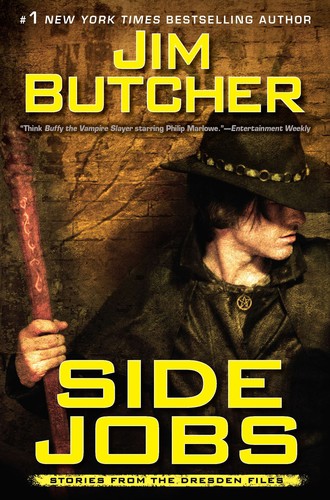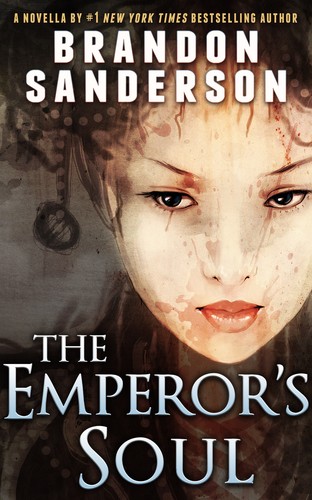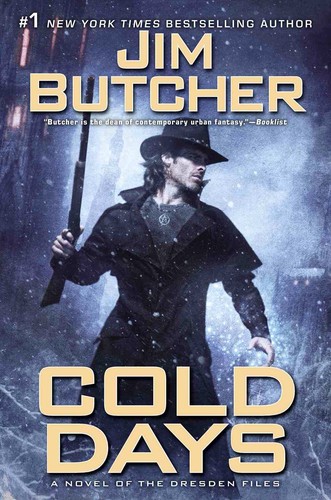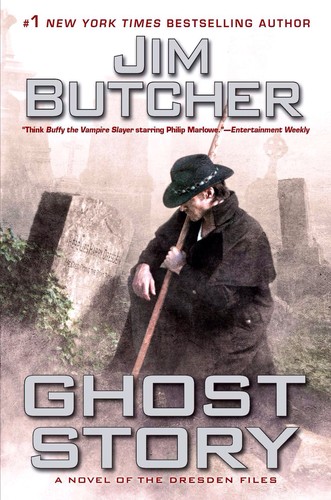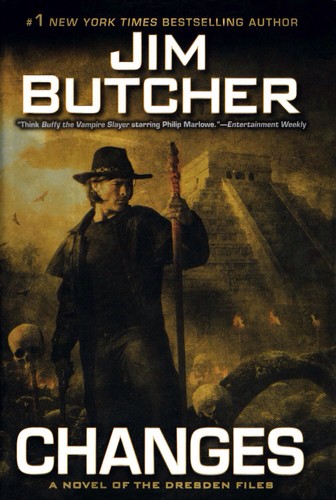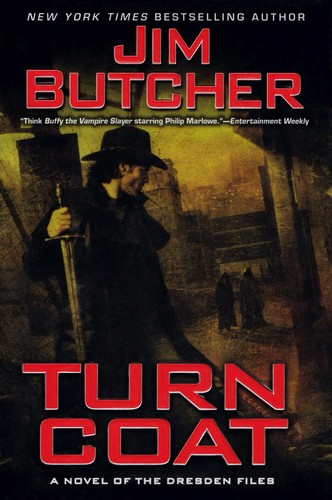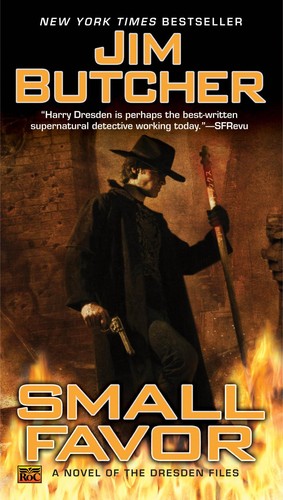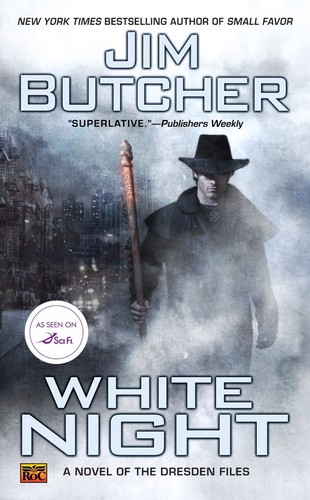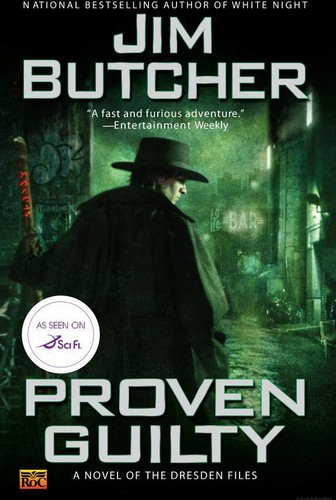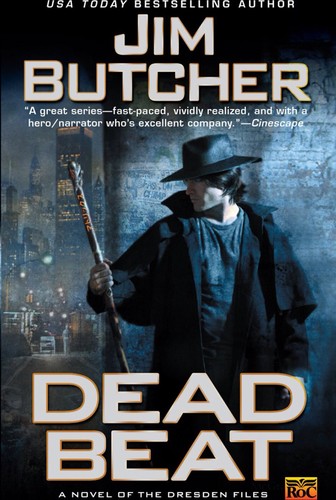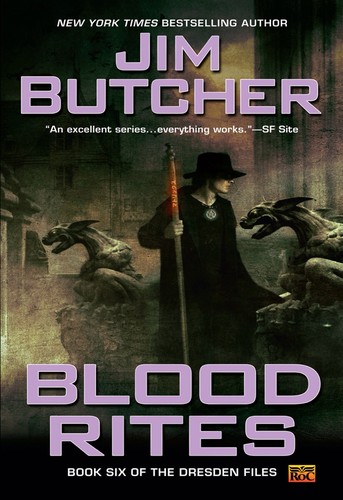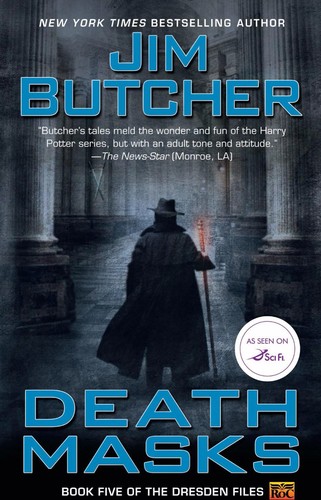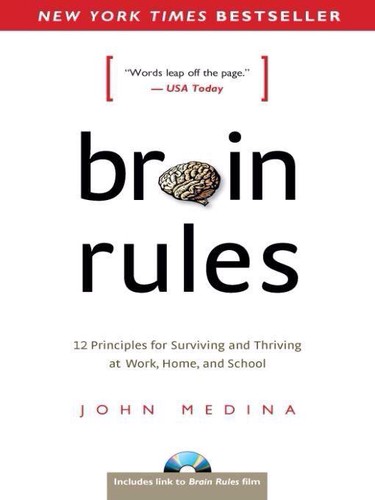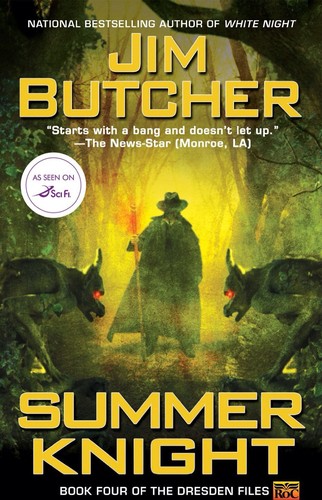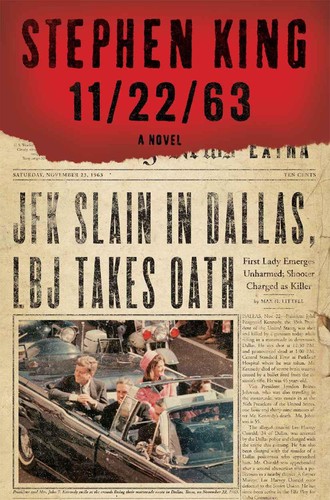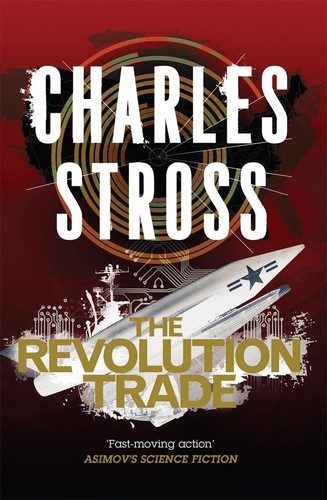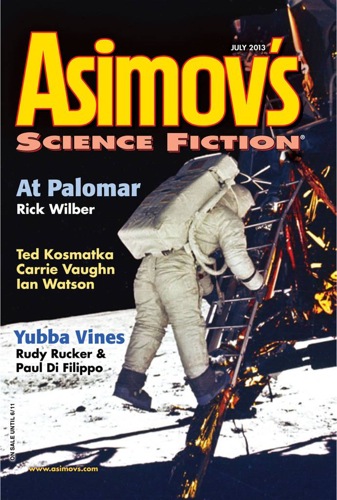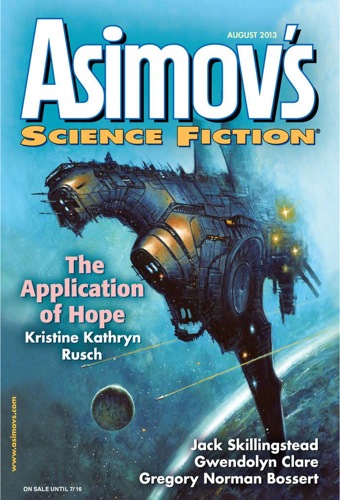
Asimov's Science Fiction Magazine, August 2013
by Sheila Williams
My rating: ★★★★☆
Read From: 11 November 2013–21 November 2013
Novella
The Application of Hope by Kristine Kathryn Rusch—Victoria Sabin is a captain in the Fleet. Her people have traveled the stars for generations, always moving from one place to another, never settling down and never circling back to a previous stop.
Years ago, her father's ship disappeared. That loss pushed her to develop her engineering, science, and leadership skills so that she could personally be involved in the search. Now, years later, another captain has disappeared under mysterious circumstances. Will the application of hope be enough to see her through the crisis?
I really enjoyed this story. Enough so that I'll be checking out Rusch's other books set in this universe. It seemed to hit some of the same emotional notes as Stone to Stone, Blood to Blood but from a different direction. Easily 4 stars.
Novelettes
Stone to Stone, Blood to Blood by Gwendolyn Clare—"Two young men living on a planet far from us in time and space take off on a desperate attempt to out run their destiny."Duyi, the heir to the Regency, and Feng, his bodyguard brother, attempt to escape from the palace. Waiting for them if they fail: Duyi's upcoming ceremony where he has to make a personality changing oath of loyalty to Duyi's sister: the Regent. They'll try to change their fates and that of their culture. 4 stars.
Arlington by Jack Skillingstead—In 1982, sixteen year old Paul Birmingham got lost above the Olympic Peninsula, while attempting his first solo cross country flight. Thirty years later, he's living alone, in great pain, slowly dying. He buys the plane he flew in 1982 and tries to retrace his earlier flight and the events that followed. What happened to him in 1982 changed his life forever, trapping him in a solo existence. 4 stars.
Lost Wax by Gregory Norman Bossert—Artists battling the revolution with their hearts and hands reveal the terrifying weapon that can be sculpted with Lost Wax. I'm not even sure how to describe this story. Steampunk? But with vats of yeast as the motivating agent instead of steam? It was odd. And interesting. And contained mechanical golems, called golethe. And possibly about what makes us human, in and among the machines. I'll give it three stars.
Short Stories
The Ex-Corporal by Leah Thomas—"It had been several weeks since the ex-corporal had replaced our father. The ex-corporal wore his skin very well, seeping right into Dad's follicles and wrinkles, occupying Dad's dimples when he smiled."
Dad abruptly started suffering epileptic seizures. After his seizures, he acted like a different man. Did the seizures propel his consciousness to different worlds in the multiverse? Did someone else visit our world, through his body? Or was it all just mental illness? 4 stars.
My Take
This may be my favorite issue of Asimov's yet. I liked all but one of the stories and I really loved several of them. I've been thinking about canceling my subscription, after reading some of the previous issues. This one really makes me question that and makes me excited to see what's ahead in September's issue. Overall, 4 stars.
